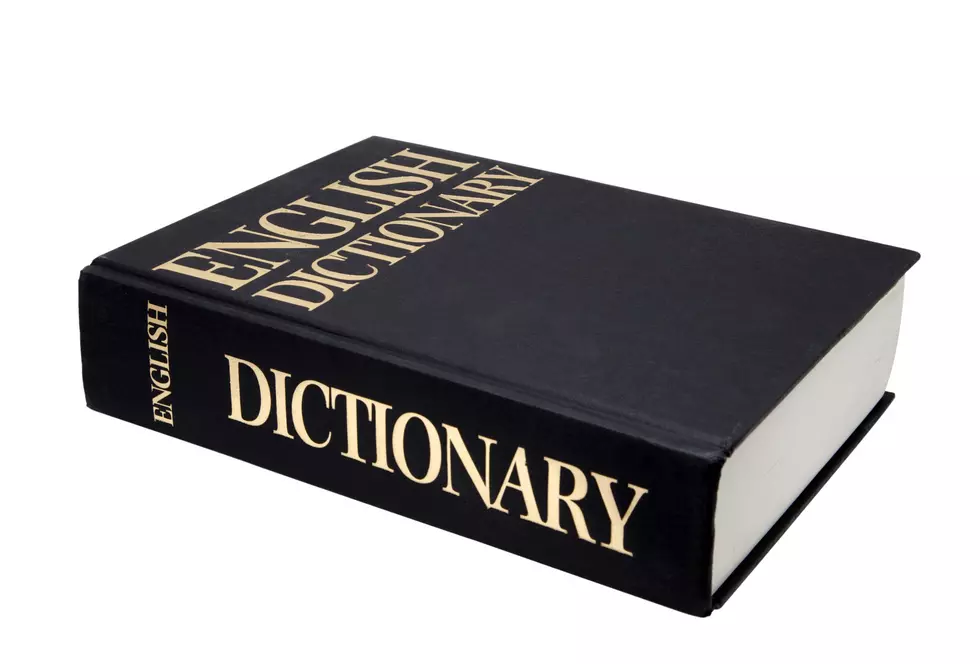
Words Used By People Who Lack Confidence
I'm a person who has struggled with confidence growing up. Even now, I have to catch myself so that I'm not using too much self effacing humor. So I'm taking proactive strides! I did some actual reading about it! With a real book! Here's some stuff I found out.
The words you use tell people a LOT about the kind of person you are. Especially in an email, people tend to make assumptions based on what you write. So here are ten words you should AVOID . . . so you can sound more confident.
1. "Might." Because it leaves an escape route. It makes you look like you're already setting yourself up for failure, before you even try.
2. "Won't." It's even worse, because it's like you're confidently predicting a failure.
3. "Usually." It just gives you extra wiggle room in case you're wrong. Go get more facts, and then you won't have to BE wrong.
4. "Suspect." You sound better when you just assert what you believe. Knowledge gives everyone confidence . . . make people believe you KNOW what you're saying.
5. "Impossible." You can say things are difficult and list the reasons why, but to say something is impossible gives people the idea that you don't even WANT to try.
6. "Worried." Even when you ARE worried, there's no need to tell people about it. Just focus on the facts . . . not how you feel about them.
7. "Confused." It's better to get right to the point and ask questions about whatever you don't understand. Focus on clarifying the problem, instead of on the fact that you're not getting it.
8. "Need." It sounds obvious, but using the word "need" all the time makes you look NEEDY. Make a straight request, or give a direction, instead of saying "I need you to do something for me."
9. "Quandary." Maybe you think it makes you sound smart. But to a smart person who knows what the word means, you just sound clueless or in over your head.
10. "Likely." It's another one of those qualifiers that people often use when they're afraid they might be wrong.
So if you hear someone you like using some of these words a little too much, maybe encourage them a little! Or, if it's someone you don't like, then you don't have to feel too bad about it, because they're not as confident as you might think.
Wordingly yours,
Behka
More From Mix 92.3






![Enquiring Minds: Smartphones Vs Dumbphones [SURVEY]](http://townsquare.media/site/467/files/2016/08/4596pre_a3471310ab203e8.jpg?w=980&q=75)
![Behka’s Enquiring Minds Recap: Week of January 5 [OPINION]](http://townsquare.media/site/467/files/2015/01/thinkstock-enquiring-minds.jpg?w=980&q=75)
![Behka’s Enquiring Minds: Annoying Words [SURVEY]](http://townsquare.media/site/467/files/2015/01/annoyed-man-screaming-credit-Ingram-Publishing-122431640.jpg?w=980&q=75)
